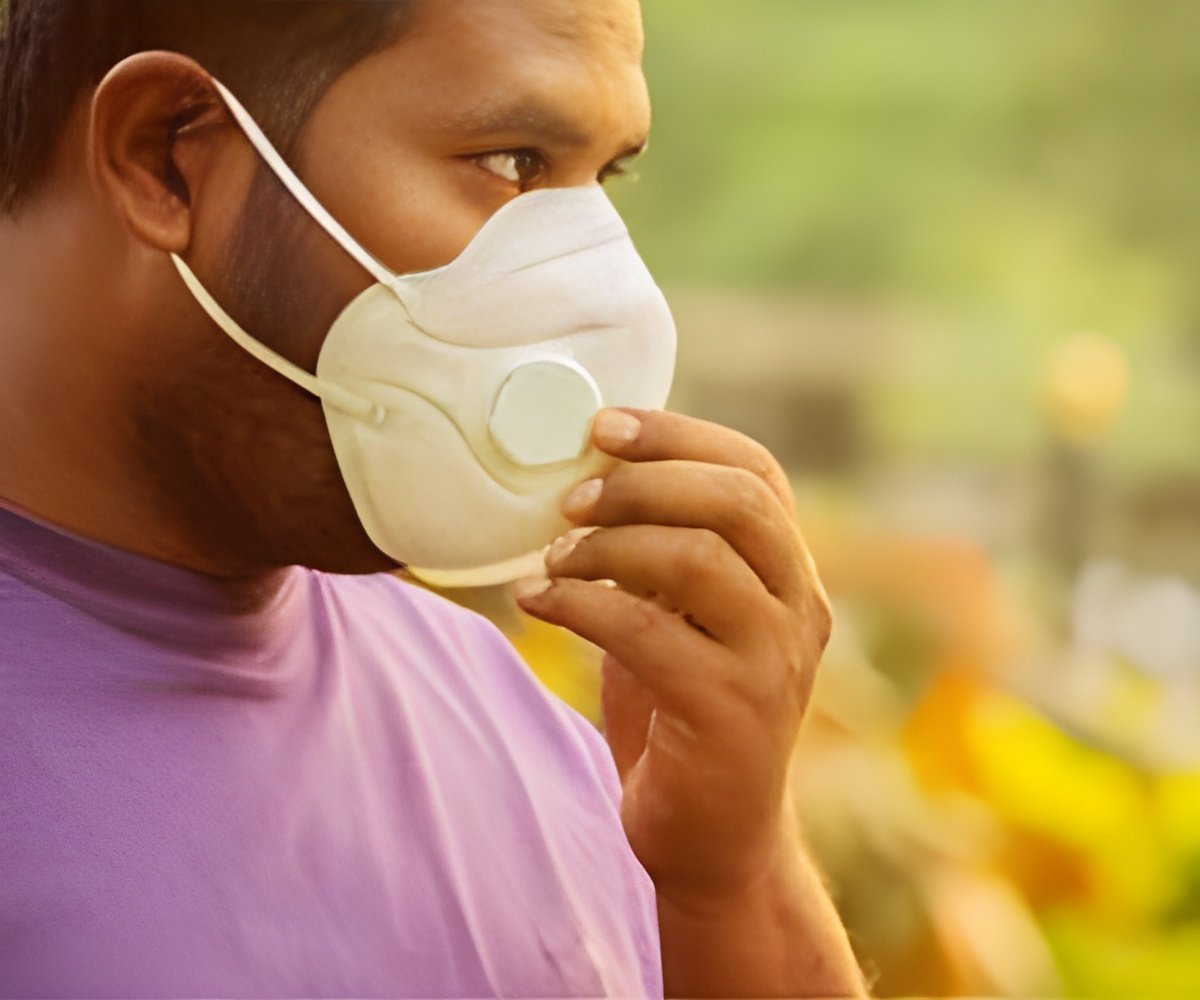Study shows that taking selfies with gorillas without following precautions could be spreading the virus to the gorillas.

‘Captive gorillas at San Diego Zoo tested positive for COVID-19 in January 2021, proving that the virus can also affect apes.’
Read More..




Lead author Gaspard Van Hamme said, "The risk of disease transmission between visitors and gorillas is very concerning. It is vital that we strengthen and enforce tour regulations to ensure gorilla trekking practices do not further threaten these already imperiled great apes." Read More..
Captive gorillas at San Diego Zoo tested positive for COVID-19 in January 2021, proving that the virus can also affect apes.
Dr. Magdalena Svensson, co-author, states that their analysis showed that tourists visiting gorillas rarely wore face masks, which gives room to the potential for disease transmission between people and the gorillas.
“With people all over the world getting more used to wearing face masks, we have hope that in the future, wearing face masks will become common practice in gorilla trekking," she adds.
Although the populations of Mountain gorillas in East Africa have suffered negatively from human activities in the past decades, the numbers have started to increase in more recent years. An estimated 1,063 individuals are present now.
Advertisement
Trekking is important financially to support the conservation of mountain gorillas. However, large visitor numbers can impact the wildlife and environment.
Advertisement
Russell A. Mittermeier, Chair of the IUCN/SSC Primate Specialist Group (not involved in the study), comments "It has become apparent in the past few years that studies of anthroponotic and zoonotic disease spread are crucial to the field of primate conservation.”
He adds that while this study focused on one species, the lessons learned are also applicable to many other primate species increasingly coming into contact with people.
Source-Medindia









